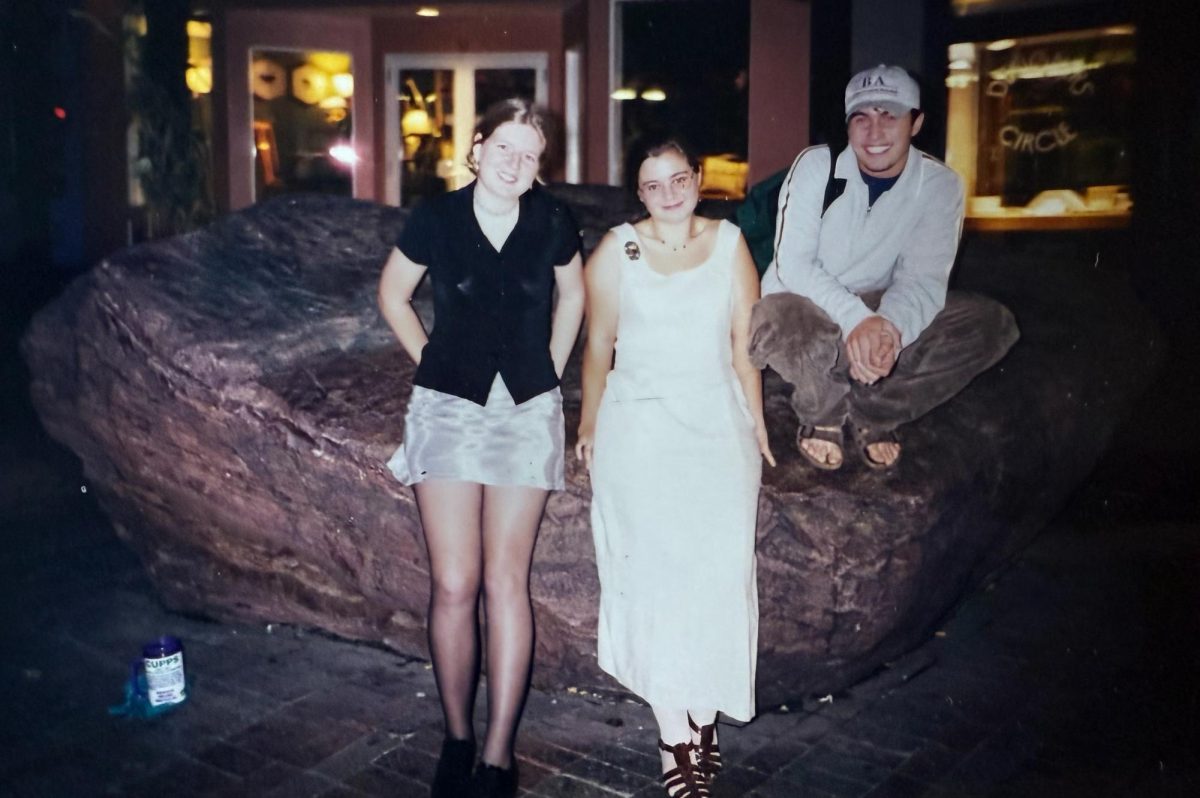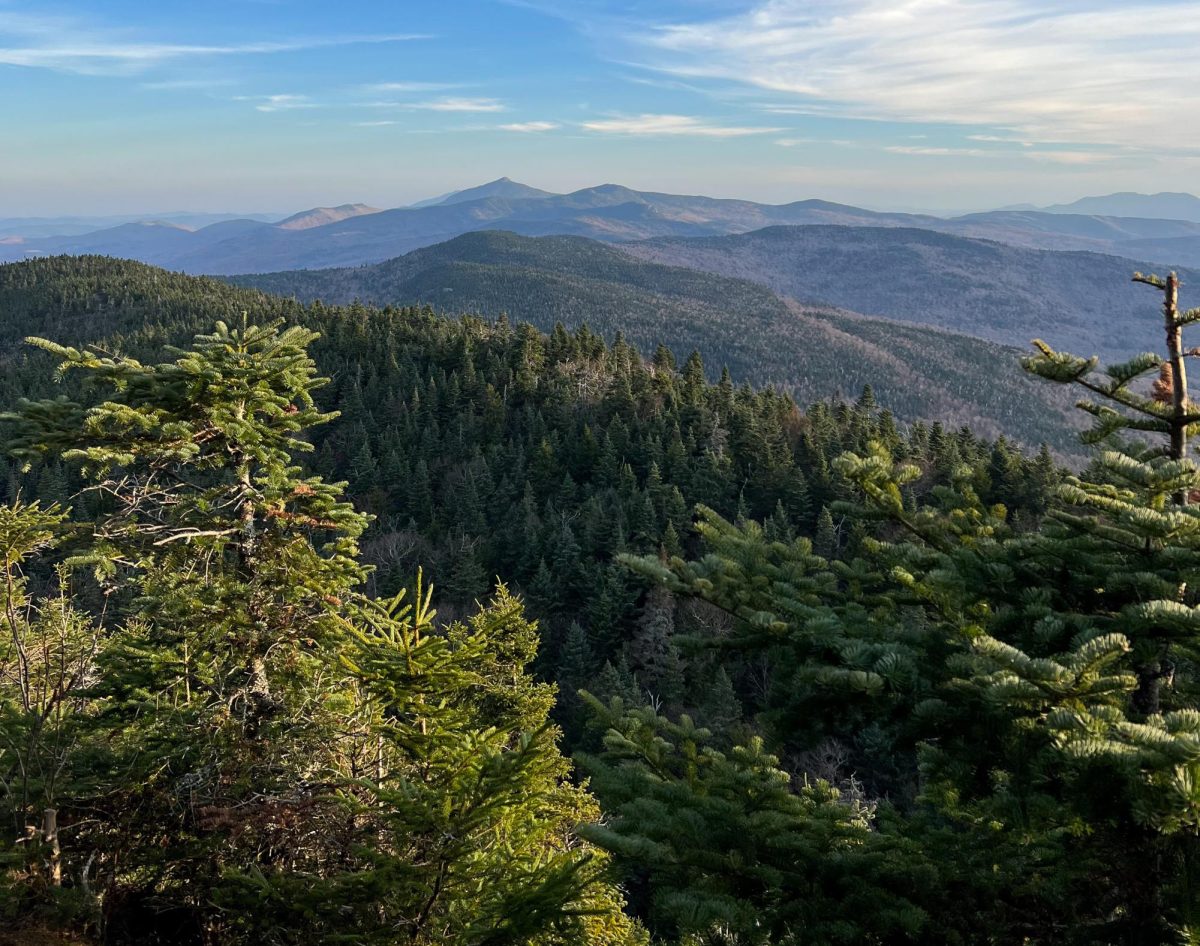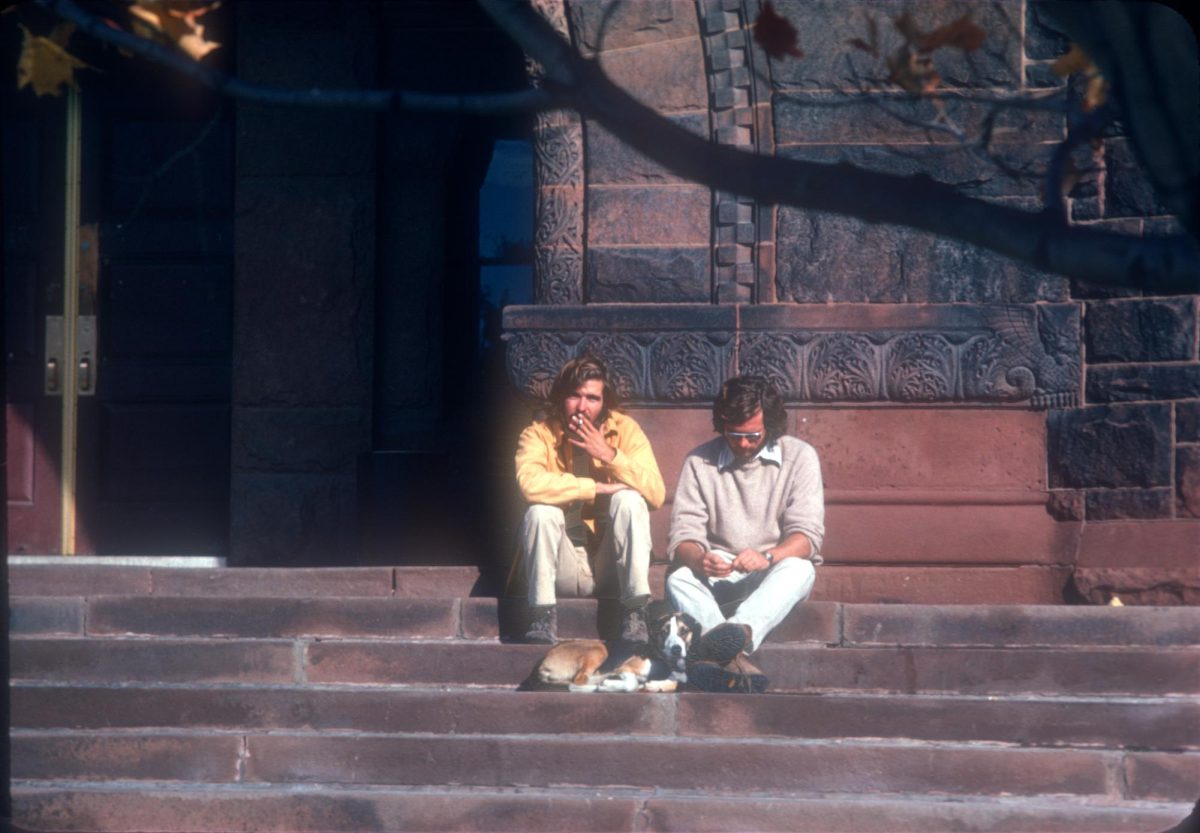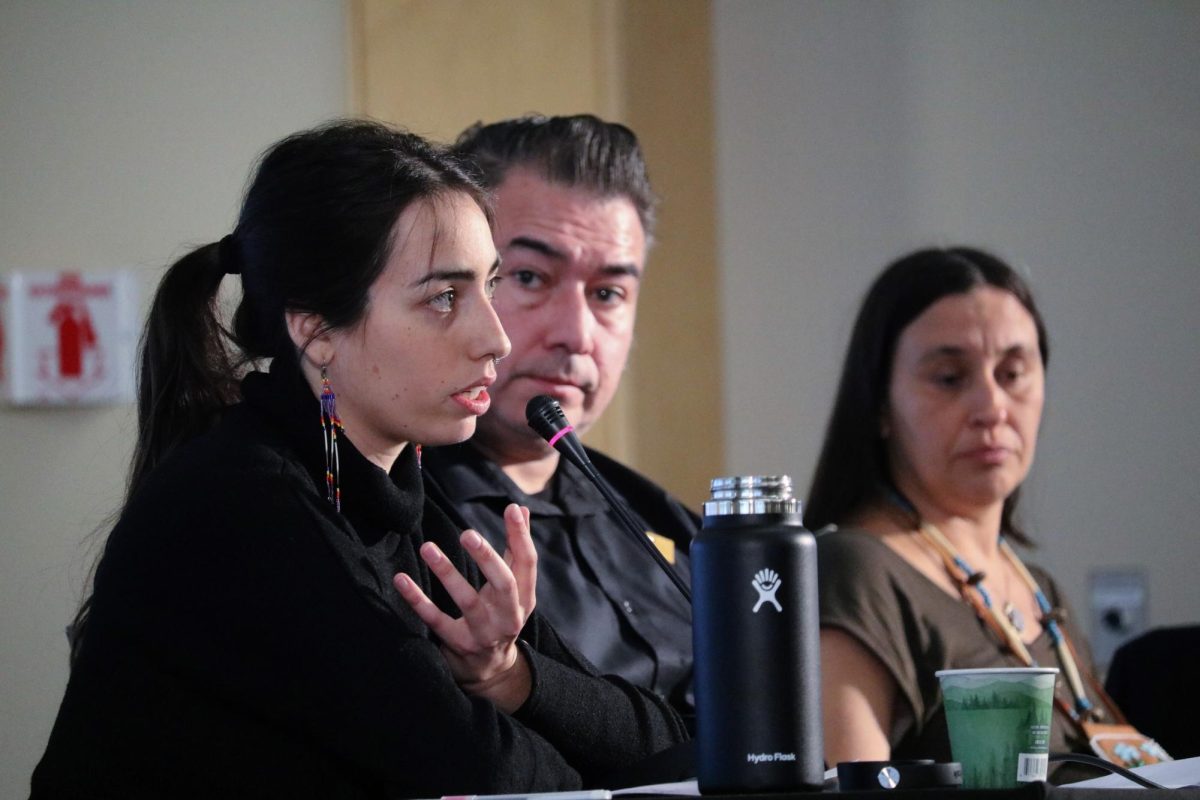In Vermont, there are only two seasons: mud season and ski season. For many, the latter is one of the most anticipated times of the year, a time when the snow flies and mountains like Sugarbush lift the ropes to skiers and snowboarders. However, for some who love to ski, just having the desire and opportunity to is not enough.Thousands of skiers across the country cannot ski due to physical or mental disabilities.Vermont Adaptive Ski and Sports is a program working to ensure that everyone — regardless of disability — has the chance to enjoy Vermont’s mountains. There are currently adaptive skiing and snowboarding programs at Sugarbush Resort, Bolton Valley and Pico Mountain.Vasu Sojitra is missing his right leg. He has also been skiing in Vermont for seven years. A freshman at UVM this year, Sojitra is looking forward to continuing his skiing career.Adaptive skiing programs are important, according to Sojitra, because they change how people with disabilities are perceived.”These programs show that they are just as capable,” Sojitra said.According to Sugarbush Adaptive Skiing Program Director Maggie Burke, the statewide program is run by six paid staff and over 400 volunteers.At Sugarbush Mountain, the Vermont Adaptive Ski and Sports Program has been helping those with disabilities for 20 years. This program and others like it provide the equipment, expertise and confidence to disabled skiers who otherwise would not be able to enjoy the slopes. In a letter to Vermont Adaptive Skiing, Cheryl Santos described her son Dylan’s experience with the program. Dylan has been diagnosed with autism. “Our only expectation and hope would be that Dylan would learn to love snow and just have fun. At age 12, Dylan not only loves the snow but he can ski black diamond trails with his Dad,” Santos wrote.This sentiment is echoed by the Bolton Valley program director Dave D’Angelo.”These programs really help self-esteem and convince people they can accomplish goals,” D’Angelo said.Twenty years ago, programs like the Vermont Adaptive Ski and Sports Program have grown from existed at just a few mountains. Now there is a program at nearly every major ski area. Mount Snow, located in southern Vermont, has been offering an adaptive ski and snowboard program through the nonprofit AbilityPLUS program since 1990, according to director Sue Tatem.The benefits of being involved are certainly not financial. Tatem said that everyone involved in the program — excluding herself — is a volunteer.The real gratification in teaching adaptive skiing comes from helping expand students’ views of what they can achieve, Tatem said.”The students are excited, amazed and thrilled,” Tatem said. “They are thankful they can do something they never thought they could do, or at least never thought they could do again.”A similar program based in southwestern New England, STRIDE, shares this same vision. The program has volunteers at Jiminy Peak in the Berkshire Mountains, Catamount in the Catskill Mountains and Ski Sundown in Connecticut.Since its founding, the program has grown to include people with disabilities of all ages and skill levels, even partnering with the renowned Wounded Warrior program, which helps severely injured veterans. “STRIDE is a chapter of a Disabled Sports USA out of Washington, D.C., started by wounded Vietnam veterans to help wounded vets,” volunteer for STRIDE Dick Miller said.”Personally, I work with Veterans’ Affairs and Disabled American Veterans, programs for veterans in Colorado, but there are many programs to be involved with.”It takes a lot of knowledge and commitment to be an adaptive instructor in both skiing and the various disabilities your prospective student may have. “As a new candidate, it takes 20 hours of indoor training learning disabilities and 20 hours on snow,” Miller said. Miller has been teaching disabled veterans for the past 10 years, even traveling from his home outside of Albany, N.Y., to Colorado for one week each year. “These are 20-year-old guys… It’s a great opportunity to get these vets out and doing the things they love again.”
Categories:
Adaptive skiing surmounts Vermont slopes
November 16, 2009
0
More to Discover







